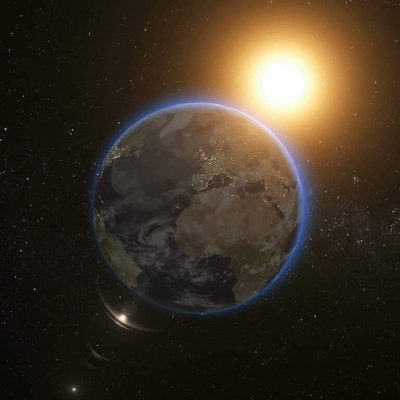
We are now rotating on our own axis with the Earth at a speed of 1000 miles per hour. We are currently orbiting the sun at 67,000 miles per hour, or 30 kilometers per second. We are now moving with the solar system at a speed of 200 kilometers per second. If the earth is…
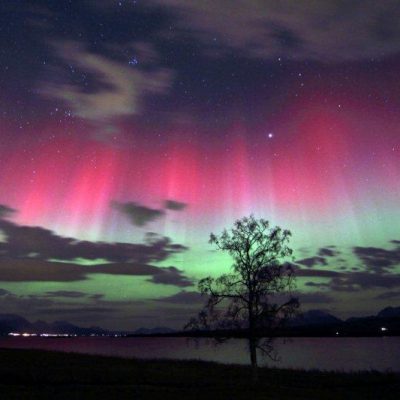
Northern lights (aurora) are phenomena that appear from the first night of the night 18 ° to 23 away from the Earth’s magnetic poles. It is usually found in green and red. Charged particles from the solar wind are attracted by the Earth’s magnetic field. Aurora is formed when these particles collide with gaseous molecules…
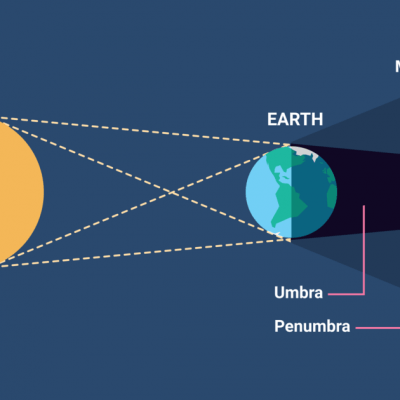
The light emitted by a light source, like any other opaque object, casts shadows from the moon and earth into space. Each shadow has 3 different regions: amber, penumbra, and antumbra.Umbrella / amber is the dark core of the shadow. Imagine a light source and an object casting a shadow. If you are standing under…
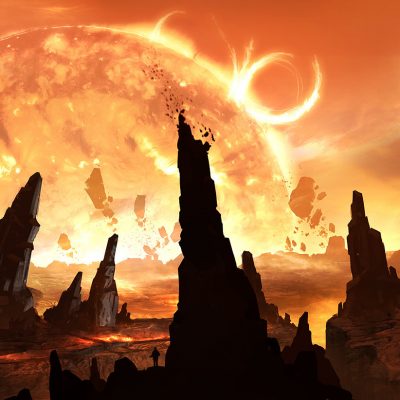
The sun is a fusion reactor that is running out of fuel. The Sun has a lifespan of about 5 billion years. This does not mean that we have time for another 500 billion years. A recently published study estimates that our atmosphere may lose oxygen in about 1 billion years. During the last days…
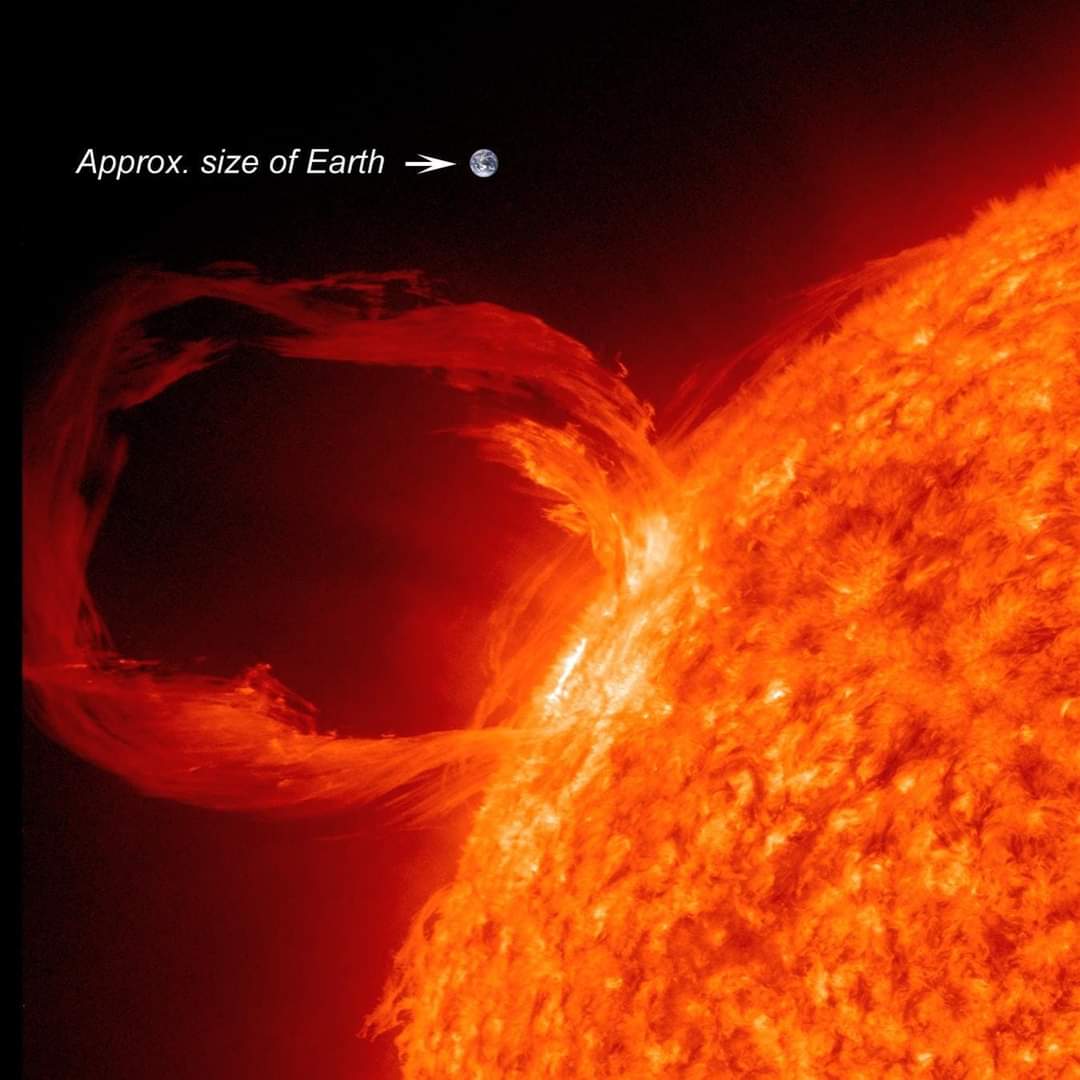
The phenomena created by the Sun’s magnetic field are numerous. Dark spots of the sun, solar flare, solar wind and so much more. The corona, the Sun’s atmosphere, is a hundred times hotter than the Sun’s surface below. The solar wind that blows from here fills the entire solar system. This is why it is…
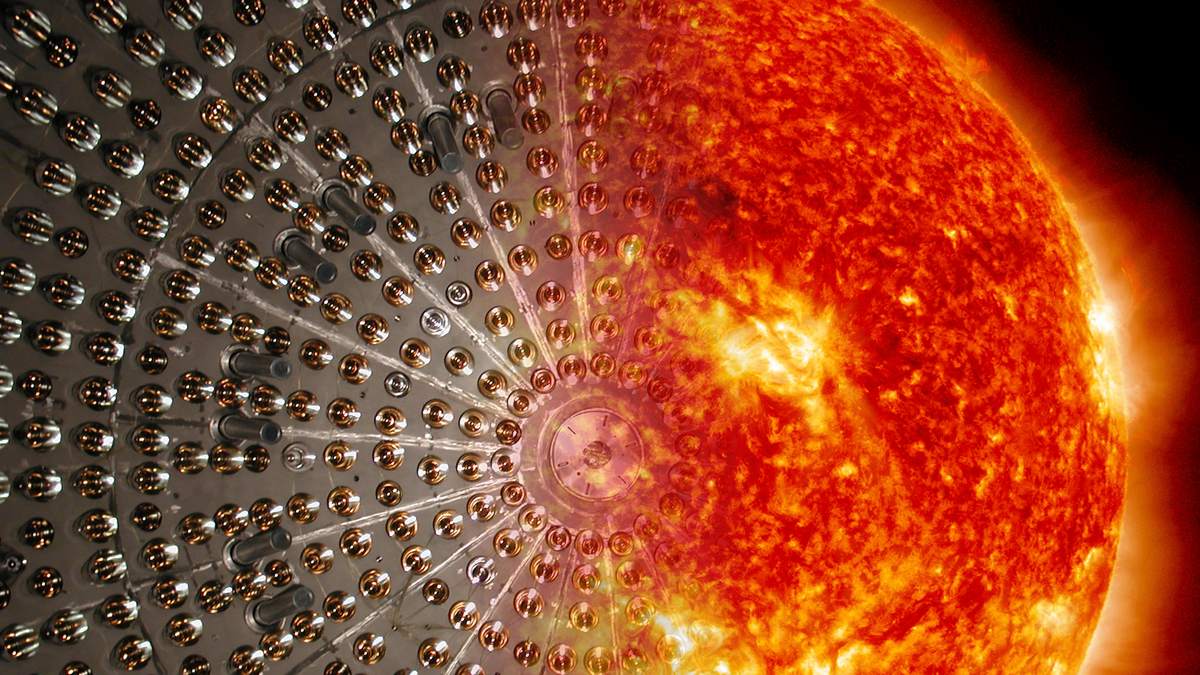
How or when will the sun, our source of energy, end? There have already been several scientific controversies over this question. New research predicts that all life on Earth, including humans, will set before the sun reaches its final stage. The study, published in the scientific journal Nature Astronomy, details the end of the Sun…
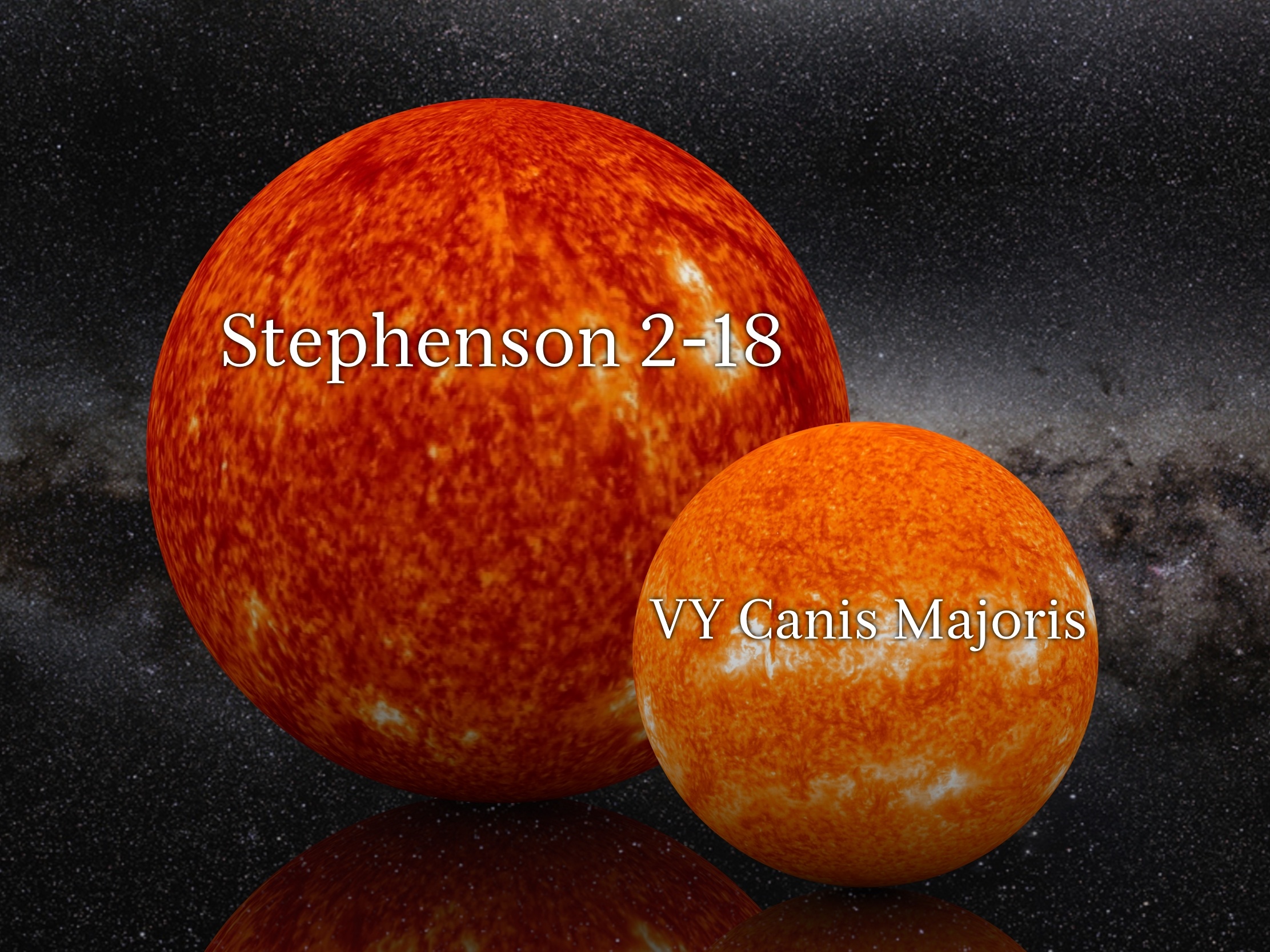
Stephenson 2-18 (St2-18) is a red supergiant star located in the scutum constellation. Also known as Stephenson 2-DFK 1 and RSGC2-18. Stephenson 2-18 is currently the largest known star in the universe. This is also the most luminous red supergiants we know of (with a surface temperature of 3,200 K, it shines with about 440,000…
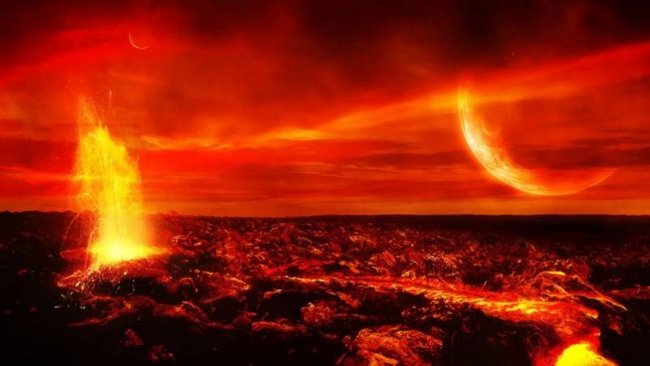
SizeMercury is the smallest planet in the Solar System in mass and diameter. It is slightly larger than Earth’s Moon. HeatMercury’s surface temperatures range from −173 degrees C at night to 427 degrees C during the day. This is because the planet does not have the atmosphere to trap heat, and the energy from the…